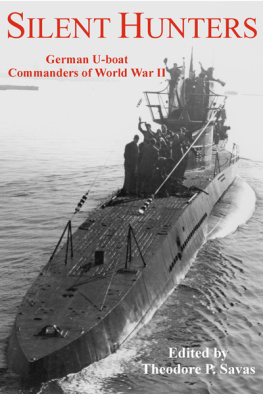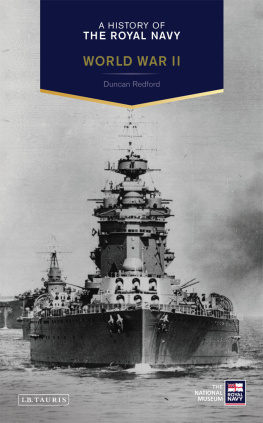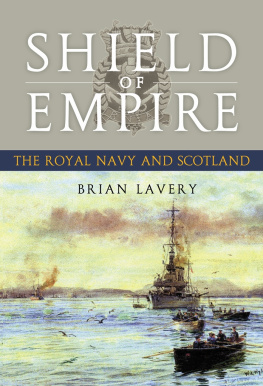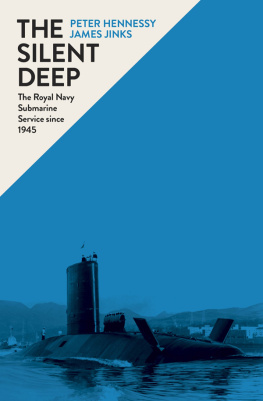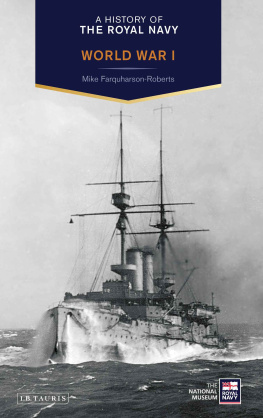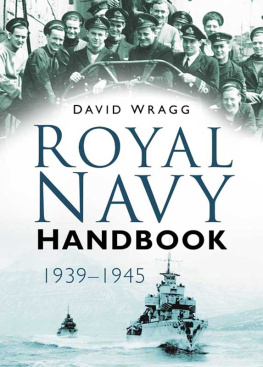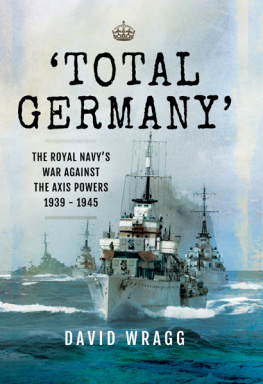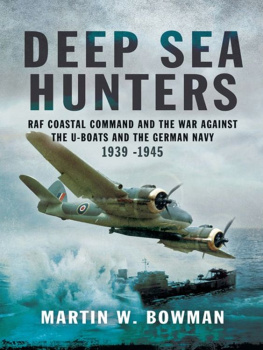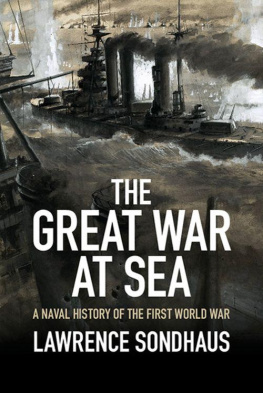1997, 2013, by Theodore P. Savas
All rights reserved. No part of this book may be reproduced or utilized in any form or by
any means, electronic or mechanical, including photocopying and recording, or by any
information storage and retrieval system, without permission in writing from the
publisher.
Silent Hunters: German U-Boat commanders of World War II, Theodore P. Savas, ed.
Originally published: Campbell, California (Savas Publishing, 1997).
Includes bibliographical references and index.
Digital First Edition
eISBN-13: 978-1-940669-00-7

989 Governor Drive, Suite 102
El Dorado Hills, CA 95762
916-941-6896 (phone)
916-941-6895 (fax)
To my Children,
Alexandra Maria and Demetrious Theodore,
for whom my love knows no bounds
Table of Contents
Theodore P. Savas
Theodore P. Savas
Eric C. Rust
Erich Topp
Timothy P. Mulligan
Gaylord T. M. Kelshall
Eric C. Rust
Jordan Vause
Dwight R. Messimer
* * *
Bonus Material
from Hunt and Kill: U-505 and the U-Boat War in the Atlantic
Illustrations
Maps
Contributors
Erich Topp (1914-2005) is a former U-boat commander and one of WWIIs leading tonnage aces. He retired from the West German Navy as a Rear Admiral in 1969. His reminiscences were published as Odyssey of a U-Boat Commander: The Memoirs of Erich Topp (Praeger, 1994).
Timothy P. Mulligan, a native of Baltimore, received his doctorate in history from the University of Maryland in 1985. He spent decades working as an archivist at the National Archives, where he specialized in captured German and related German Navy records. His books include The Politics of Illusion and Empire: German Occupation Policy in the Soviet Union, 1942-1943 (New York, 1988), Lone Wolf: The Life and Death of U-Boat Ace Werner Henke (Westport, 1993), and Neither Sharks Nor Wolves: The Men of Nazi Germans U-boat Arm, 1939-1945 (Naval Institute Press, 2011), as well as many articles.
Gaylord T M. Kelshall is the curator of the Chaguaramas Aviation Museum in Trinidad. He is the author of The U-Boat War in the Caribbean (Naval Institute Press, 1992).
Eric C. Rust, the son of an officer in the Kriegsmarine, is a Professor of History at Baylor University in Waco, Texas, and the author of Naval Officers under Hitler: The Story of Crew 34 (Praeger, 1991).
Jordan Vause is the author of U-Boat Ace: Wolfgang Luth (Naval Institute Press, 1991), and Wolf: U-Boat Commanders of WWII (Naval Institute Press, 1997), a selection of the Military Book Club.
Dwight R. Messimer was a Lecturer at San Jose State University and holds a Masters degree in history from that school. He has written several books on German and American military naval topics spanning both World Wars. Two of his recent books, both published by Naval Institute Press, include The Merchant U-Boat about the German blockade runner Deutschland, and Escape, an account of the mass breakout from the American officers POW camp at Viggingen, Germany in 1918.
Theodore P. Savas, editor, graduated from The University of Iowa College of Law in 1986 (With Distinction), practiced law in Silicon Valley for twelve years, and co-founded Savas Woodbury Publishers (later Savas Publishing) in 1990. He is currently the Managing Director of Savas Beatie LLC, a leading independent military and general history publishing company. Savas spent years teaching legal, history, and business college classes. He is the author or editor of many books (published in six languages), including Hunt and Kill: U-505 and the U-boat War in the Atlantic (editor), A Guide to the Battles of the American Revolution (with J. David Dameron), and Nazi Millionaires: The Allied Search for Hidden SS Gold (with Ken Alford), as well historical articles in a variety of journals and magazines. He lives and works in El Dorado Hills, California.
Original Editors Preface
I would not have made a good submariner.
Just the thought of climbing inside a cramped welded steel tube and submerging beneath an unforgiving sea sends a chill down my spine and sets my heart pounding. Sure, there was lethal danger on the ground, but an infantryman operated in a familiar world with his feet firmly fixed on accustomed terrain. Perhaps riding in the fuselage of the airplane more closely relates to the submariners experience, but a crew man is still surrounded by air he can breathe. And, lest we forget, theres that rip cord he can yank under certain circumstances to soften his drop back to earth.
But what of the adrenaline-fueled terror when your enemies find you, when their pinging asdic beams lock onto your slow-moving and blind boat two hundred meters below? What was it like to be trapped deep beneath the sea while depth charges exploded all around you, your boat blackened and flooding, and you unable to fight back? Can you instill in a U-boat commander the ability to remain calm and clear-headed during such unholy times, as oft demonstrated by the likes of Erich Topp or Otto Kretschmer, or is such a leader born and not made? And where does a mans mind wander during those last few minutes as his submarine creaks and groans during her final out-of-control plunge toward a distant ocean floor?
My step-father experienced life and death as a young marine in the South Pacific. After reading one of these essays he informed me that he had often wondered whether he could have handled the stress of serving on a submarine. Knowing well what he had undergone during his war, I was stunned by the revelation. Thankfully most of us will never have to endure such a thing. It is our lot to appreciate and experience the world of the U-boat and her crew vicariously, through the words of those who stood in the conning tower beneath the white cap, manned the headset in the radio shack, or kept the engines running smoothly.
The fascination and admirationand for some, loathingfor the submariner knows few bounds. Interest in the subject cuts across generational lines and is not limited by ones training, education, profession, or past experiences. Interest in this topic is increasing on both sides of the ocean, as evidenced by the recent success of Clay Blairs mammoth and definitive Hitlers U-Boat War: The Hunters, 1939-1942 (New York, 1996). The genre has witnessed the publication of a plethora of books and articles, some good, some not, and many with an agenda to push or axe to grind. Unfortunatelyand much like the American Civil War, an area with which I am intimately familiarmost of these works have focused on but a handful of subjects: The well-known aces whose stories have been told and retold.
But in the shadows of these aces reside hundreds of others who conned their boats out of Kiel, Wilhelmshaven, Narvik, Trondheim or Frances bases on the Bay of Biscay, and will never receive more than a few lines in a book, an annotation in a footnote, or a casual nod from a genealogist. Some of these hundreds, like Victor Oehrn, Fritz Guggenberger and Karl Merten, returned from their patrols and led productive, even sedate, lives thereafter Many more, Engelbert Endrass and Ralph Kapitsky among them, left their families and friends and never returned. And one, Heinz-Wilhelm Eck, was captured on his maiden patrol and eventually executed as a war criminal. Most of them deserved a better fate, if not in life then certainly in the eyes of history.
I am not an expert on the U-bootwaffe and make no such pretensions. Indeed, I am an attorney and historian by training and have spent only a handful of days on the rolling surface of the seanone during wartime. But the authors whose essays grace this collection are scholars in the field, recognized authorities on the German U-boat war. My role as editor was primarily in securing their talents for this project, while they selected the subject officer. The criteria I set forth for selection of these men were simple: Choose a U-boat commander who has not received the scholarly treatment he deserves, one who either accomplished his record incrementally during several patrols or someone whose experiences were somehow unique and worthy of study.
Next page
